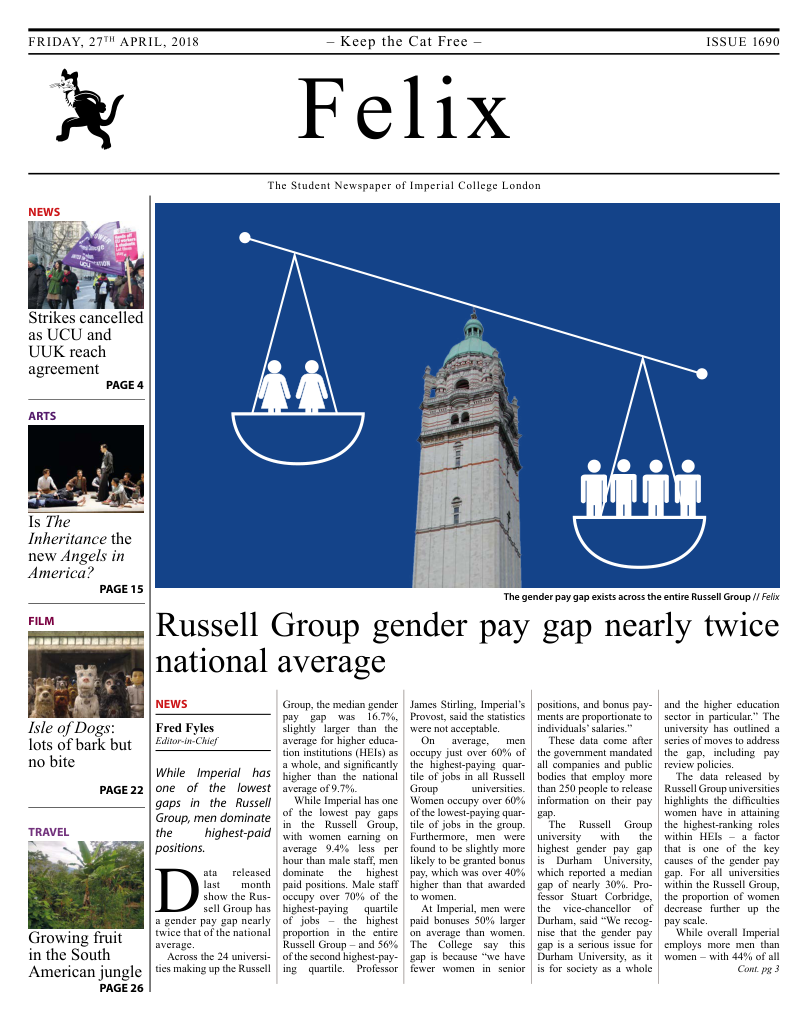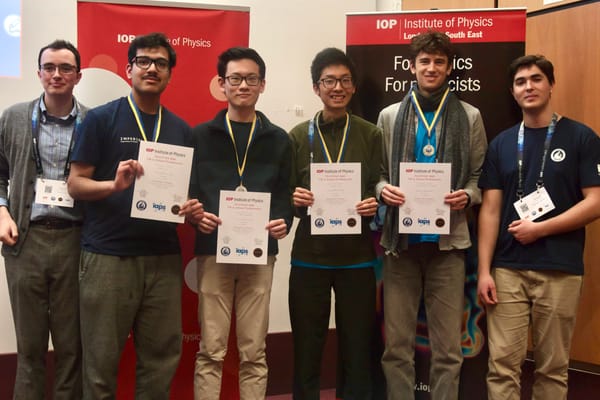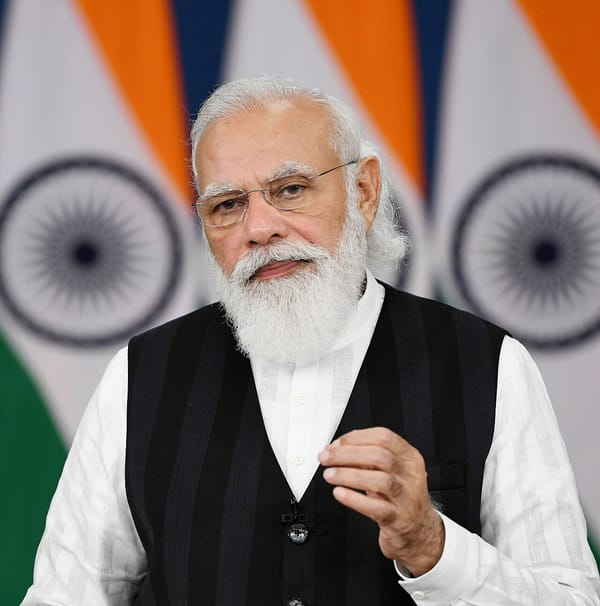Flagship species – putting the con in conservation
The giant panda may be cuddly, but we also need to remember all the less-charismatic creatures that are just as endangered.

For those unaware of what a flagship species is: it is a species selected by a conservation organisation, such as the World Wide Fund (WWF), to act as an icon or symbol for a defined issue or environmental problem. This being said, you are all probably thinking of one of the best-known flagship species: the giant panda. By focusing on such a species and working towards its conservation, the status of other species within the same habitat, or species exposed to similar levels of threats, may also benefit.
That all sounds well and good, but there are a few issues: one thing you may have already realised is that flagship species are disproportionately skewed towards animals that are relatively large and considered to be charismatic. You rarely see a flagship species that is a plain brown snail, or an extremely rare plant species – a dilemma most likely playing out on the island of Hawaii.
This is because drabber and relatively boring species are unlikely to grab the attention of potential donors, despite the fact that they may need just as much protection as, for example, elephants. Some modern conservation organisations have exercised different approaches to rectify this bias seen towards large mammals by looking at endangered species in a new light. Examples of these include the EDGE project, run by the Zoological Society of London, and Hotspots, run by Conservation International.
EDGE aims to conserve one-of–a-kind species that are facing extinction, and have scored different groups of the world’s animals on how evolutionarily distinct and globally endangered they currently are. Similarly, Hotspots is a scheme that takes a more landscape-based approach, raising both awareness and funds for regions of the world identified to have more endemic species also under the threat of disappearing. Both of these schemes are moving away from the flagship species concept as we have known it, and trying to use the limited funds available more effectively.
The emphasis on a particular species may be detrimental in the long run, as the public look past the threats and impacts affecting certain habitats. It is vitally important that education, action, and policy extend past the flagship species to less attractive species and prevent this public complacency from forming. 21st century conservation needs to move forward, away from flagship species, and take a more holistic approach.










